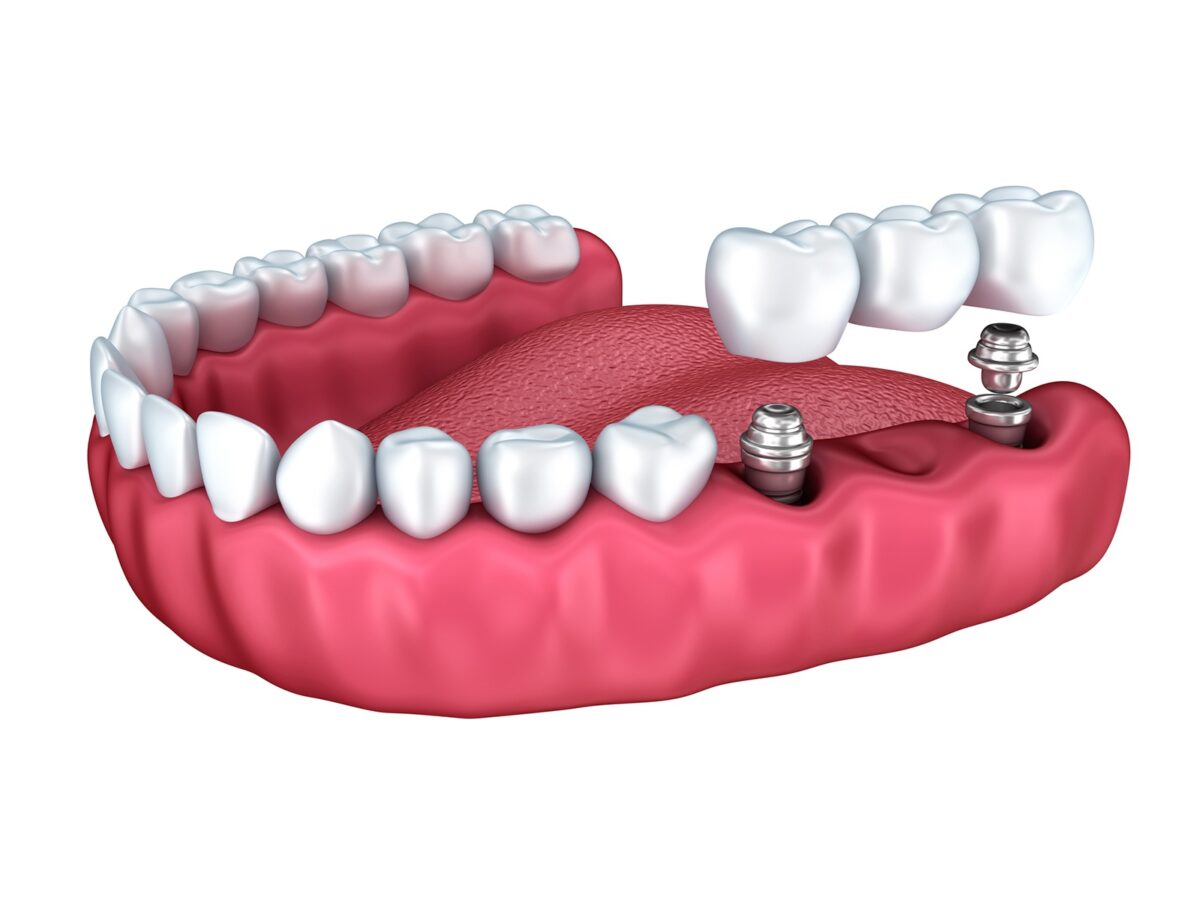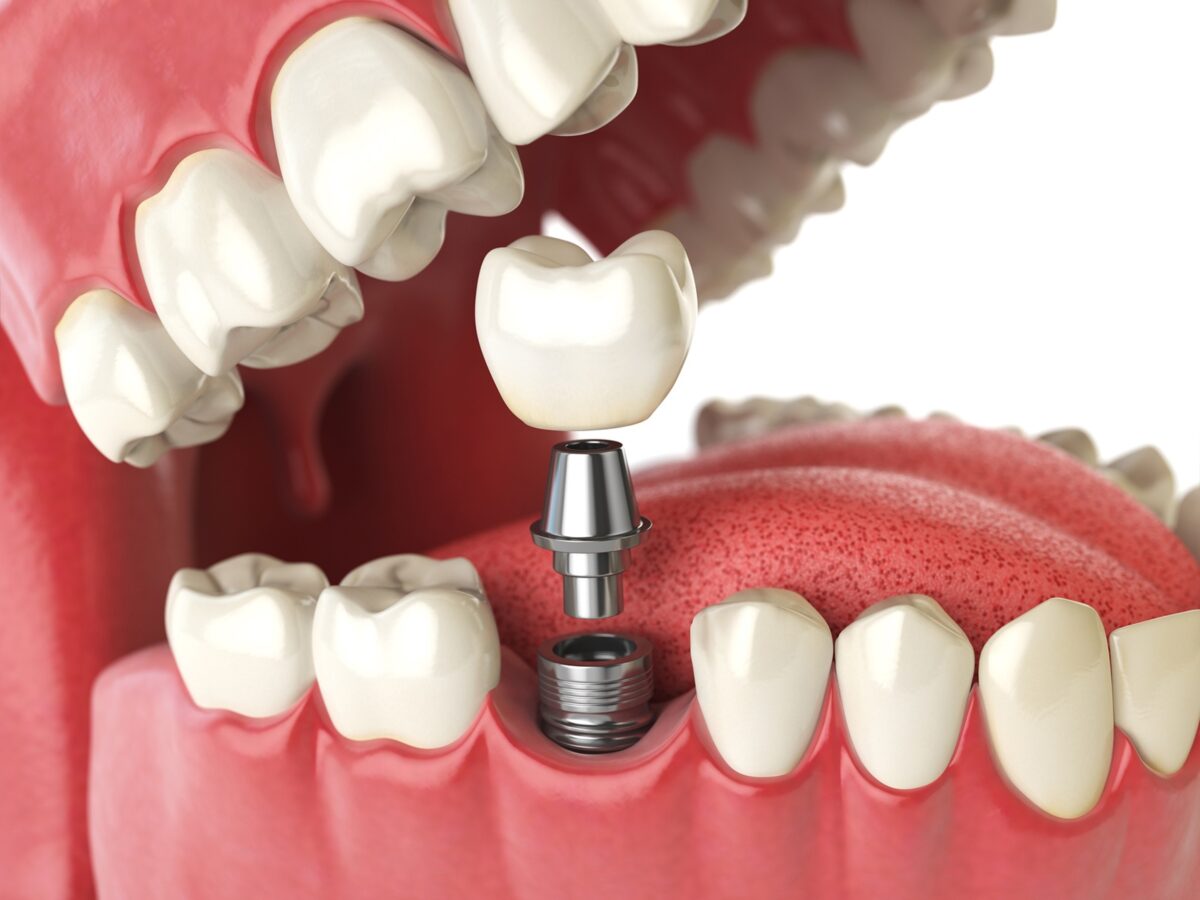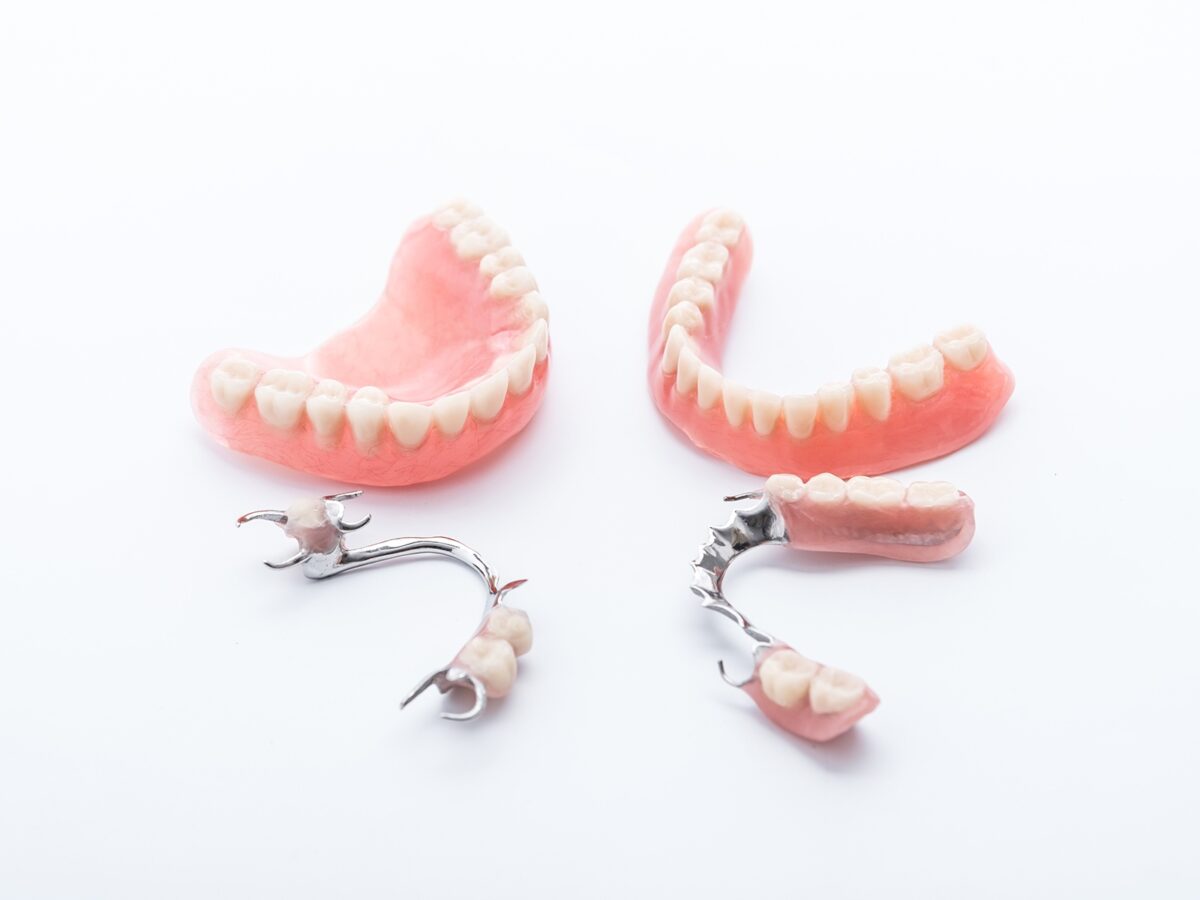Dentures represent one of the most common solutions for people missing some or all of their teeth. These removable appliances are designed to restore a person’s capacity to eat, speak, and smile with confidence. One of the questions many denture wearers have is whether it’s acceptable to leave their dentures overnight. This supposedly simple question has no simple answer, as there are several considerations. Let’s discuss the pros and cons of sleeping in dentures and look at best practices in caring for dentures.
The Debate: To Wear or Not to Wear
In recent years, sleeping in dentures has been a very debatable issue. Some professionals have insisted that dentures be removed at night, while others have advised previous it is acceptable to wear them overnight under specific circumstances. To understand this issue better, we need to look at the potential benefits and risks associated with each approach.
Potential Benefits of Wearing Dentures Overnight
There are, however, some benefits associated with overnight wearing of dentures for some wearers. During the first couple of nights of a patient who has just received their dentures, it is sometimes more comfortable to keep them in place. This allows them to become accustomed to the ‘feel’ of dentures and might reduce the possibility of swelling inside the mouth.
Additionally, people who have sleep apnea or other breathing problems while sleeping may be able to wear their dentures to bed. In this regard, dentures could lightly force the natural contours of the mouth and throat to remain in a shape that is more conducive to air intake, thereby reducing snoring or other problems with sleeping and breathing.
Some ooze more confidence with the dentures in place, especially if they live alone or have fears of emergency situations occurring during the night. Having dentures in place can make a person feel more prepared and confident in case of an emergency.
Risks Associated with Wearing Dentures Overnight
All these likely benefits aside, a number of the likely risks associated with wearing dentures overnight come into play, which one should have in consideration. Chief among them is the increased risk of oral infections, largely fungal infections like thrush. An oral cavity which is kept warm and moist throughout continuous denture periods will be very favourable to the growth of bacteria and fungi.
Longer-term wearing of dentures may further irritate and inflame the gum tissue. This pressure, which the dentures continuously exert, might inhibit blood flow to the gums and may be responsible for soreness and redness of the gums and, in some cases, even the development of sore spots or ulcers on the gums. Over time, this process may alter the shape of the gums and jawbone. This can alter the fit of the denture.
Another risk is an increase in the rate of bone loss from the jaw. That is, when natural teeth are present, they provide stimulation to the jawbone, especially with biting and chewing forces. Dentures do not stimulate the jawbone nearly as much, and continuous wearing can increase the pace of the natural process of bone resorption, possibly leading to less stable conditions for dentures over time.
Good Practices in Caring for Dentures
It is also advisable to remove the dentures overnight because of the possible risks associated with wearing them to bed. This allows the gum tissues to rest and permits better hygiene. Here are the guidelines for proper denture care:
- Removing your dentures at night, and cleaning: Always remove your dentures at night before bedtime. This allows your mouth a chance to rest and allows saliva to clean and nourish the tissues in your mouth. When removed, brush your dentures with a soft-bristled brush and a non-abrasive denture cleaner to remove food particles, plaque, and any adhesive residue.
- Storing Your Dentures: Always keep your dentures submerged in water or soaking solution when you are not wearing them. This will prevent them from drying out and losing their shape. Be careful to never use hot water, which could distort the material of the denture.
- Oral Hygiene:Even if you have no natural teeth, good oral hygiene is still important. Massage your gums, tongue, and the roof of your mouth with a soft-bristled toothbrush or a damp washcloth to remove plaque and to help increase blood flow in the tissues.
- Regular Check-ups: Keep regular check-ups and professional cleanings with your dentist. Your dentist will check the fit of your dentures, examine the tissues to detect any problems and fix them if needed.
Special Circumstances
Although this is the general advice to remove dentures at night, there could be some cases when a dentist will recommend that the dentures should be worn overnight. For example, a person who has had teeth extracted and an immediate denture may be advised to wear this continuously for the first 24 to 48 hours to help reduce swelling and aid healing.
Likewise, some conditions can alter how often you clean your teeth. For some people with specific medical conditions or who have had oral surgery recently, dentists may have other recommendations. It is important to follow the personal advice provided by your dentist because he or she can take into account all the factors peculiar to your situation and the need for your mouth health.
Generally, it is best to remove the dentures overnight to allow the mouth to rest and to maintain good oral health. This practice would prevent infections irritation and inflammation, and may most probably slow down jaw atrophy. However, the decision should finally come after consulting your dentist, who has to consider your oral health condition, general health, and lifestyle factors.
This also means that good care for dentures, both in terms of good cleaning and proper storage, is crucial, whether you wear your dentures overnight or not. If you maintain good oral hygiene and see your dentist regularly, this will go a long way in ensuring that your dentures last for a long time, hence providing you with a healthy, comfortable smile for many years to come.






